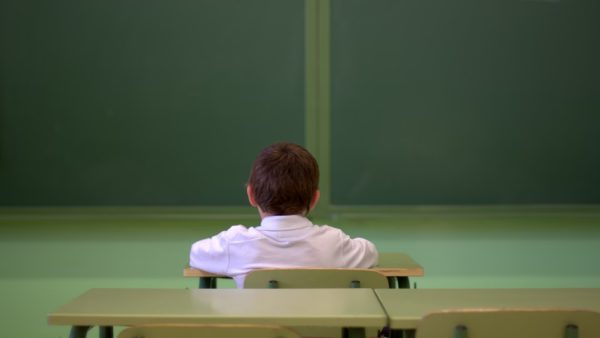Relaxation Techniques and the Benefits for Students
As students and teachers adapt to the “new normal,” they are trying to cope with the adjustments and stress of life.
According to Ms. McQueen, a psychology teacher, there are many different methods to remain calm and relieve stress — the most effective techniques are different for each individual, but the benefits of relaxing aren’t as varied as the methods.
“Psychologists have found that relaxation can improve physical health, mood, decision-making and creativity,” Ms. McQueen said.
She explained that, for students, relaxing can improve performance in athletics, performing arts, grades, life satisfaction, strengthen personal relationships, and decrease illness. Though the methods may be unique to each person, there are some common techniques that people chose to participate in and practice.
One simple method is mindfulness, which can be described as paying attention to your senses and accepting the present moment. A Kaiser Permante article explains how mindfulness can relax muscles and help them to be more flexible, as well as helping people to sleep better, feel less anxious, and lower blood pressure.
Another common method similar to mindfulness is meditation, where one focuses on breath or a singular sense with none to little thoughts present. Meditation is often beneficial to people, but the reason for the benefits from mediation aren’t quite known.
“Studies show us that those who regularly practice meditation have reduced levels of stress and anxiety, increased imagination and creativity, and lower blood pressure,” Ms. McQueen said.
An app that helps with guided meditations, sleep aid and stories, and more, is the Calm app. Anyone who is a member of Kaiser Permanente can use the Calm App for no cost.
Other apps, like Relax Melodies: Sleep Sounds and Headspace provide sleep stories, white noise, and sleep meditations.
Exercise is another great method of relaxation, the explanations of why exercise is so beneficial aren’t entirely known, but researchers have found that endorphins are part of the reason exercise can be so relaxing.
“Exercise helps to release endorphins in the body, which reduce discomfort and boost feelings of well-being,” Ms. McQueen said.
According to a Healthline article, endorphins are natural pain and stress relievers, related to activities such as eating, drinking, and physical fitness, and ensures survival despite injury or stress.
Although there are many activities that appear to be relaxing and stress-free, they may be more harmful than good when it comes to attempting to relax.
“Some things that people do in the name of relaxation really bring the opposite,” Mrs. McQueen said. “For example, playing hours of video games in order to relax can really end up causing more stress.”
While video games might be fun, here are some other ideas from students on relaxation.
“I find the most relaxation when I go out and fish,” senior Cole Bingham said. “It allows me to connect to nature…and gives me a mental place to come back to.”
Music can also be a great reliever of stress to some people.
“I feel the rhythm of music relaxes and calms me when I am overwhelmed and stressed,” junior Jillian Krownapple said.
Others prefer to be alone and need time for themselves.
“For me, the best form of relaxation is isolation, the serenity of not worrying about others, the act of doing something I enjoy, or just enjoying the solitude,” sophomore Nikita Lobo said. “[Isolation} helps me focus my thoughts, think through my current state, and better focus on myself.”
As students adjust to the constant changes happening in the world, it is important to remain focused on the present moment, to take time for deep breaths, and spend time on oneself.








